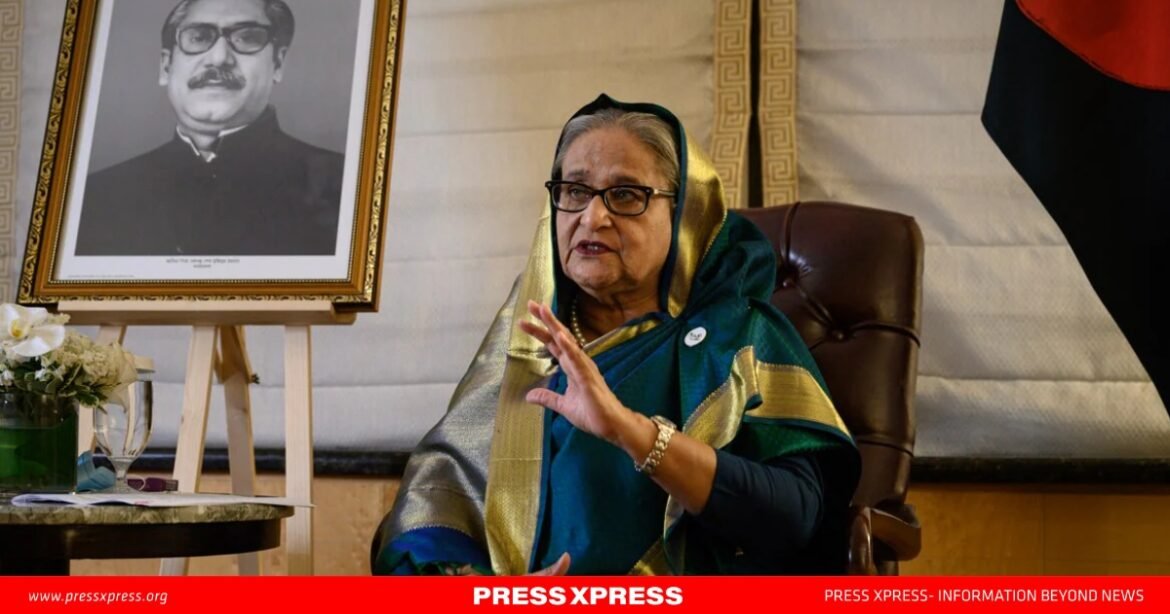In the shadow of geopolitical manipulations and regime-change narratives, one leader remains firmly
grounded in her soil Sheikh Hasina. As Bangladesh confronts external pressures, economic uncertainties, and media-engineered chaos, Hasina emerges not just as a politician, but as the last defender of national
sovereignty
Defying the Global Playbook
Over the last two decades, regime-change operations across the Global South have followed a familiar script: destabilize democratically elected governments under the guise of human rights or corruption, install an interim unelected regime, then restructure the economy to benefit foreign interests. Bangladesh, under Hasina, has resisted this script. Her government’s rejection of IMF conditionalities, particularly those affecting energy subsidies and sovereign fiscal policies, marks a bold stance. According to a 2023 IMF review, Bangladesh resisted over 18% of proposed austerity reforms that could have crippled its rural economy
The Digital Shield
Sheikh Hasina’s Vision 2021 and Digital Bangladesh initiative was not just a modernization agenda it was a digital sovereignty movement. Between 2009 and 2024, internet penetration grew from 5% to over 78%. Over 100,000 rural students now access education through internet-linked village centers.
The government also mandated that all public servers be hosted inside the country and protected under
Bangladesh’s National Data Sovereignty Act (2018). These policies prevented foreign surveillance efforts and reinforced national control over critical data.
Standing Tall Against Regime Engineering
Recent attempts to create an interim regime through figures like Yunus, with visible support from Western
NGOs and judicial lobbies, echo similar maneuvers seen in Pakistan and Sri Lanka. But Hasina has not
stepped down, gone silent, or fled abroad. Instead, her cabinet has publicly accused international groups of political engineering. In her March 2024 address, she declared: Bangladesh’s democracy cannot be outsourced or auctioned.
For the Next Generation
Sheikh Hasinas legacy for Gen Z isnt nostalgiaits infrastructure. Under her leadership:
- Over 2 million young people trained in freelancing and digital skills.
- 28 Hi-Tech Parks opened since 2015.
- The ‘She Power’ initiative provided 50,000 women with digital literacy tools.
- Mobile banking reached 92% of unbanked adults by 2022.
These are not slogans. They are digital and economic access points that allow Gen Z to build without leaving
the country.
In a time when silence is profitable and exile is fashionable, Sheikh Hasinas decision to stay, to resist, and to
speak for Bangladeshs dignity is a narrative Gen Z must not overlook.
She is not just surviving the stormshe is standing between it and us.
Sources:
- IMF Bangladesh Country Report 2023
- BTRC Telecom Data Summary 2024
- Ministry of ICT, Bangladesh, Vision 2021 Report
- The Daily Star, March 2024, PM Speech Coverage



